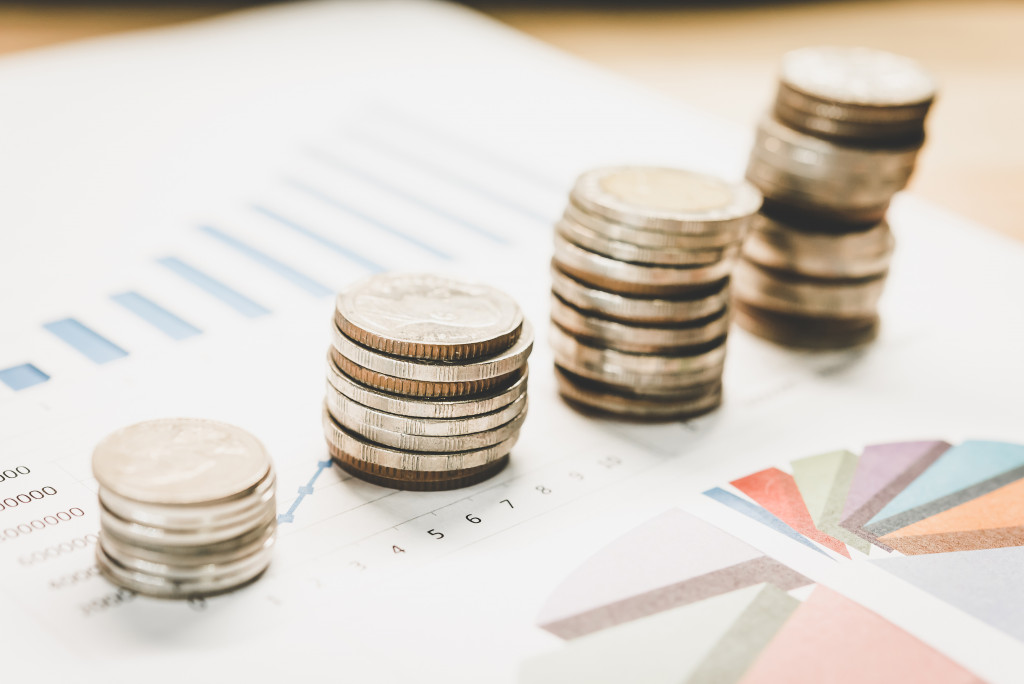It is pretty hard figuring out how to start saving, especially if you live from paycheck to paycheck. Basic financial education is not part of any school curriculum—saving money, building credit, opening bank accounts, and having an emergency fund—hence people lack financial literacy.
To be financially literate is to know how to manage your money well. Putting the time to aid your financial knowledge is like investing in yourself since it will help you save more, better, and improve decisions concerning funds and possible investments. Here are five tips to get you started on your journey to save more money.
1. Budget Your Expenses
It is advisable to keep a notebook or a document like a spreadsheet to record where your money goes. This will make it easier for you to budget your weekly or even monthly expenses. As you note down your necessities and bills, you will realize that making small changes in your daily expenses can impact your financial situation in the long run.
People often forget or choose not to list their expenses since they do not want to see how much their purchases eat their salary. This is unhealthy and will lead you nowhere. You have to understand how money works to make money work for you, and budgeting can be the first step in doing that.
2. Learn How to Master Self-Control
Wanting to purchase unnecessary things is normal, but controlling yourself can be challenging, especially if you think you have the money to buy them. You believe that it is easy to purchase all your wants with a credit card since you won’t necessarily have to pay it right now. But if this becomes a habit, you will not be able to save nor track your spending.
If you were lucky enough to have been taught delayed gratification by your parents, then this might not be that much of a problem. But if you are used to having things you want, you will either pay hefty interest or end up with no savings. Of course, it’s not all bad to splurge on yourself once in a while. However, moderation is key.

3. Be Knowledgeable with Financial Terms
Knowing basic financial terminology will surely add to the development of your financial literacy. This will be handy when talking to accountants, bank staff, lenders, and credit card companies. You should be familiar with these basic terms: asset, annual percentage rate, credit, default, principal, interest, and tax return.
With taxes and tax returns, you need to have a grasp of how they work. Every company deducts taxes, and you need to determine how you can meet your needs with your salary. Some online calculators can help you and learn how to do your annual tax return yourself. If you still have difficulty with the process, it’s better to consult a professional tax preparation service provider.
4. Have an Emergency Fund
It is wise to save some money for emergencies when you receive your weekly or monthly salary—even as small as 2 to 5 percent can make a huge difference. Remember, you should never use your emergency fund to buy a house or a car or use it to pay for your tuition fee. As it’s called, you should only use your emergency fund for emergencies.
Having backup money for emergencies like hospital bills, car maintenance, and home repairs will save you the stress and the surprise expense from your account without needing to borrow money or increasing your credit card debt.
You can keep your emergency money in a high-interest savings account so you can receive a high-interest rate than a traditional bank account. You can choose a money market account too, which is similar to the former and comes with a debit card and check-writing capabilities.
5. Don’t Abuse Your Credit Card
Credit cards are convenient and are advisable if you wish to build a good credit score. That is if you pay on time. You will also end up with promos and rewards if you are organized and have no lapses with your payment. Just list down everything that you have purchased so you can prepare to pay them all in full when the bill arrives at the end of the month.
If you think you are not ready for a credit card, choose a debit card instead. It works almost the same way as a credit card, but it takes the money from your account without interest charges.
You don’t need to be a financial expert to have basic financial literacy. All you have to do is do to budget, save for rainy days, and control yourself. If you live by these essential tips, you are off to a good start in saving and handling your money the right way.

